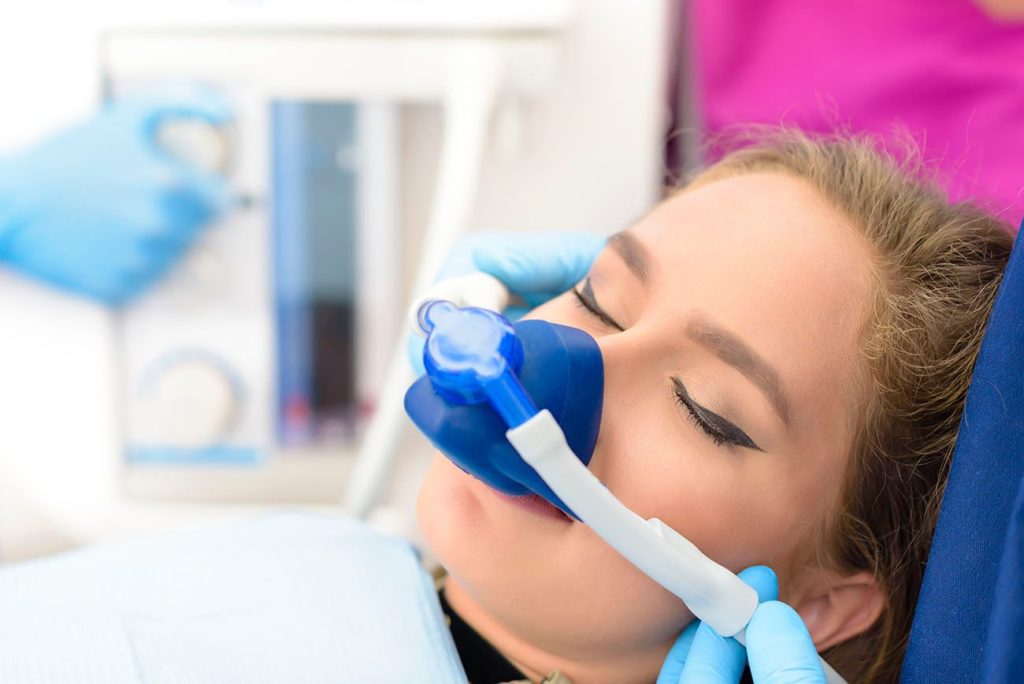There are a lot of different reasons why you might need sedation if you have a dentist appointment. You may have a complex procedure where your dentist needs as much concentration as possible and requires you to be much more relaxed than a routine visit. As a patient, you might have anxiety about the dentist or the procedure, so your dentist can give you sedation to help you relax.
Depending on your reason for needing sedation, you have several options that you can choose. Many dentist can administer oral sedation, nitrous oxide, or IV sedation. In some cases, your case may call for a combination of two or more.

Oral Pills
One sedation option that your dentist may offer is oral sedation. About an hour before your procedure, you will be given a sedative in pill form. You can take this at home or in a dental office. Some dental offices have a relaxation setup where you take the sedation in office while you sit in a massage chair to completely unwind while listening to music or watching a tv show of your choice.
With oral sedation, you will need someone to pick your up from your procedure because it will be unsafe for you to drive yourself. Oral sedation makes you extremely groggy and puts you in a conscious, yet “sleepy” state. While the goal of oral sedation is not to put you to sleep, you may find yourself drifting off.
No need to worry though, you will still be able to communicate with your dentist. However, it may affect your memory of the procedure, and it will definitely impair your motor skills, which is why you need someone to take care of you after your appointment.
Nitrous Oxide
Nitrous oxide is commonly known as “laughing gas.” If you haven’t experienced nitrous oxide, you may have seen or heard about it from televesion and movies. It is an actual form of sedation that is widely used in dental offices. You will inhale the gas through a nosepiece or mask, and you should begin to feel its effects within three to five minutes.
The dentist can quickly reverse the effects of nitrous oxide with a flush of pure oxygen. After the reversal, you should feel normal and alert. Unlike conscious oral sedation, you most likely won’t need someone to drive you after the procedure. You can return to your regular activities almost immediately.
IV Sedation
For longer procedures, you may benefit from IV sedation, the deepest type of conscious sedation. You will receive an IV (intravenous line: a tube that flows medication directly into your bloodstream) before beginning your procedure, and the dentist will constantly monitor your sedation levels.
Because the sedation is intensive, you will need someone to drive you after your appointment. You should not drive or operate heavy machinery 24 hours after IV sedation.
It is a form of conscious sedation, but it is common for patients to fall asleep. Many do not remember their procedures at all. IV sedation is good for patients who are undergoing longer procedures or have high levels of anxiety.
